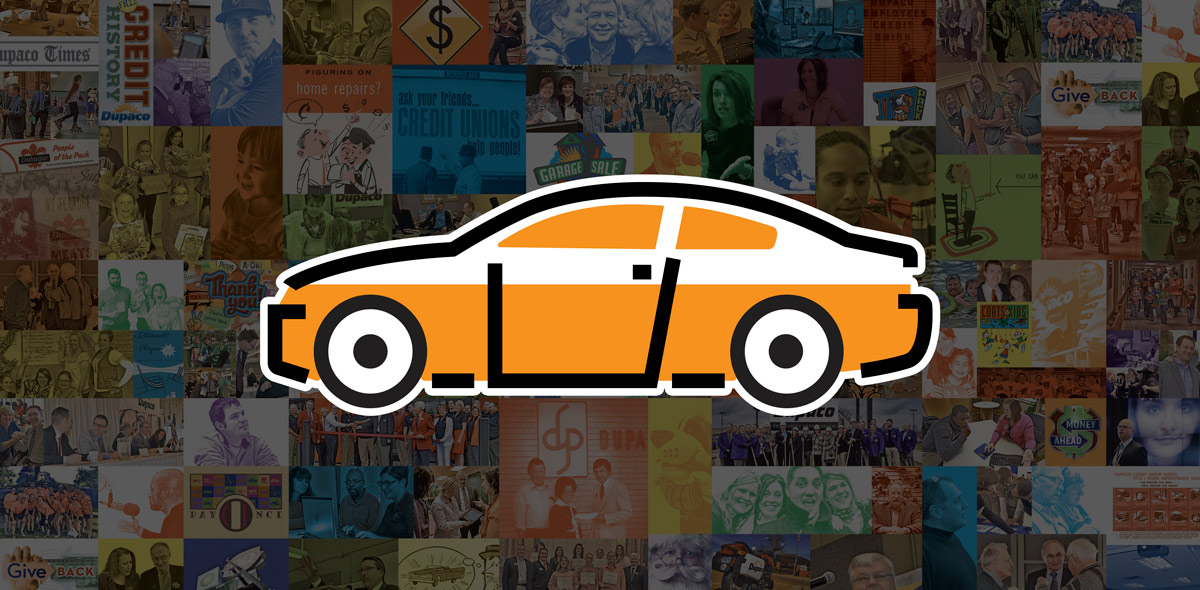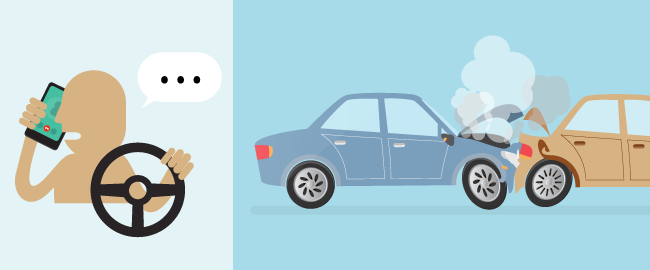
Why distracted driving is costing everyone money
You’ve probably seen it happen so many times you’ve lost count. Maybe you’ve even done it yourself.
More drivers are multi-tasking behind the wheel—from texting or talking on phones to eating or drinking.
In fact, U.S. drivers are using their phones on about 88% of their trips, a Zendrive study found.
And drivers everywhere are paying the price.

How distracted driving impacts you
In a study of hundreds of thousands of drivers who used the Cambridge Mobile Telematics app, phone distraction occurred in more than half of the trips that ended in a crash.
And road fatalities are on the rise.
Distracted driving claimed 3,450 lives in 2016 alone, according to the National Highway Traffic Administration. The previous year, 391,000 people were injured in motor vehicle crashes involving distracted drivers, the organization reported.
Experts agree that figures like these are likely underreported.
But it’s not just those involved in collisions who are feeling the impact of distracted driving.
Auto insurance rates are on the rise—in part because of this phenomenon.
More collisions bring higher costs for insurance companies. Even a simple rear-end collision—the majority of claims that Dupaco Insurance Services sees—aren’t so simple anymore, with repairs costing much more than they once did.
Since 2011, the average insurance premium has jumped 16% to $926, an NBC News story reported.
What you can do
You can take steps to make your vehicle—and the roadways you travel on—safer.
Put the phone down
That text or phone call can wait. Consider storing your phone in a place you can’t reach while driving to avoid the temptation to respond to messages from the road.
Talk to your kids
Young drivers are responsible for the highest level of phone involvement in crash or near-crash incidents, according to the National Safety Council. Talk to your teenage drivers about the dangers of texting and driving, and help them create a plan to avoid the dangerous activity too. If your children are passengers in your vehicle, have snacks and entertainment lined up before the trip so you are not distracted.
Be prepared for your next road trip >
Plan your route in advance
Plan your route ahead of time, or ask a passenger to program the route for you so you can keep your eyes on the road.
Use available technology
For added protection, consider using cell phone blocking technology, which can be used to prohibit calls and texts while vehicles are in motion.
5 features to consider when choosing cell phone blocking technology >



